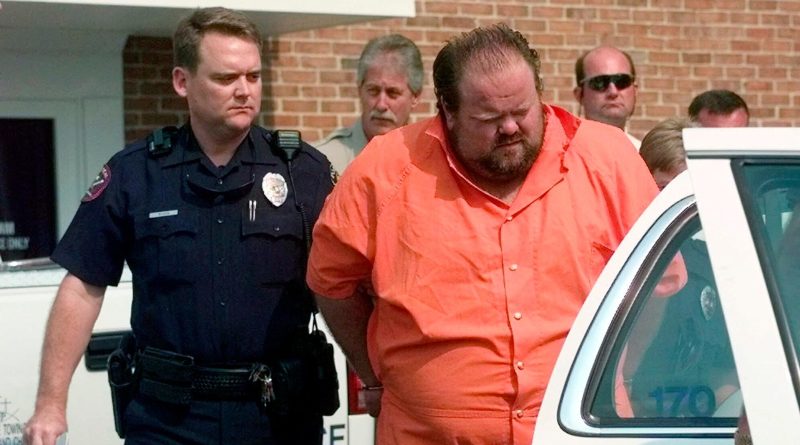Alabama to Proceed with Nitrogen Gas Execution in September Following Lawsuit Settlement
MONTGOMERY, Ala. — The attorney general of Alabama announced on Monday that a nitrogen gas execution will proceed in September following a settlement agreement with the inmate scheduled to be the second individual executed using this new method.
Alabama and lawyers for Alan Miller, who was found guilty of murdering three men, came to a “confidential settlement agreement” to resolve the litigation brought by Miller, as stated in a court filing on Monday. Miller’s legal challenge referenced eyewitness accounts of the January execution of Kenneth Smith with nitrogen gas, as he tried to prevent the state from applying the same procedure to him.
The details of the agreement were not disclosed in the court records. Miller had proposed various modifications to Alabama’s nitrogen gas protocol, such as using medical-grade nitrogen, having a qualified professional oversee the gas flow, and administering a sedative before the execution. Will Califf, a spokesperson for Alabama Attorney General Steve Marshall, stated that he could not verify whether the state had agreed to alter the execution procedures.
“Miller reached a settlement on favorable terms to safeguard his constitutional right to be protected from cruel and unusual punishments,” Mara E. Klebaner, a lawyer representing Miller, wrote in an email on Monday night.
Marshall characterized the settlement as a triumph for the utilization of nitrogen gas as a method of execution. His office declared that Miller’s execution would proceed in September utilizing nitrogen gas.
“The resolution of this case affirms that Alabama’s nitrogen hypoxia system is dependable and humane,” Marshall stated in a release.
“Miller’s complaint was based on speculation from the media that Kenneth Smith endured cruel and unusual punishment during the January 2024 execution, but the evidence presented by the state to Miller’s legal team refuted that inaccurate narrative. Miller’s execution will proceed as scheduled in September.”
Marshall’s office titled a press release announcing the settlement as the attorney general “successfully upholds constitutionality” of nitrogen executions. An attorney for Miller challenged Marshall’s assessment.
“No court upheld the constitutionality of the state’s proposed nitrogen hypoxia method of execution in Mr. Miller’s case, therefore the state’s assertion that it “successfully defend(ed)” that method’s “constitutionality” is inaccurate. As per definition, a settlement agreement does not involve a ruling on the merits of the underlying claim,” Klebaner wrote in an email.
The settlement was submitted a day before a federal judge was set to convene a hearing in Miller’s request to halt his upcoming Sept. 26 execution. Klebaner mentioned that by entering into a settlement agreement, the state avoided a public hearing in the matter.
Alabama carried out the first nitrogen gas execution in January with Smith. The new method involves placing a respirator mask on the inmate’s face to substitute their breathing air with nitrogen gas, resulting in death from oxygen deprivation.
Miller’s attorneys highlighted witness accounts of Smith convulsing in seizure-like spasms for several minutes during his execution. They argued that the nation’s initial nitrogen execution was a “catastrophe” and the state’s procedure did not deliver the swift death promised to a federal court.
The state contended that Smith had intentionally held his breath, prolonging the execution beyond expectations.
Miller, a delivery truck driver, was convicted of the murders of three men — Terry Jarvis, Lee Holdbrooks, and Scott Yancy — in consecutive workplace shootings in 1999.
Alabama had previously tried to execute Miller via lethal injection, but the attempt was aborted when they were unable to establish an IV line for the 351-pound inmate. Subsequently, the state and Miller agreed that any future execution would employ nitrogen gas.

